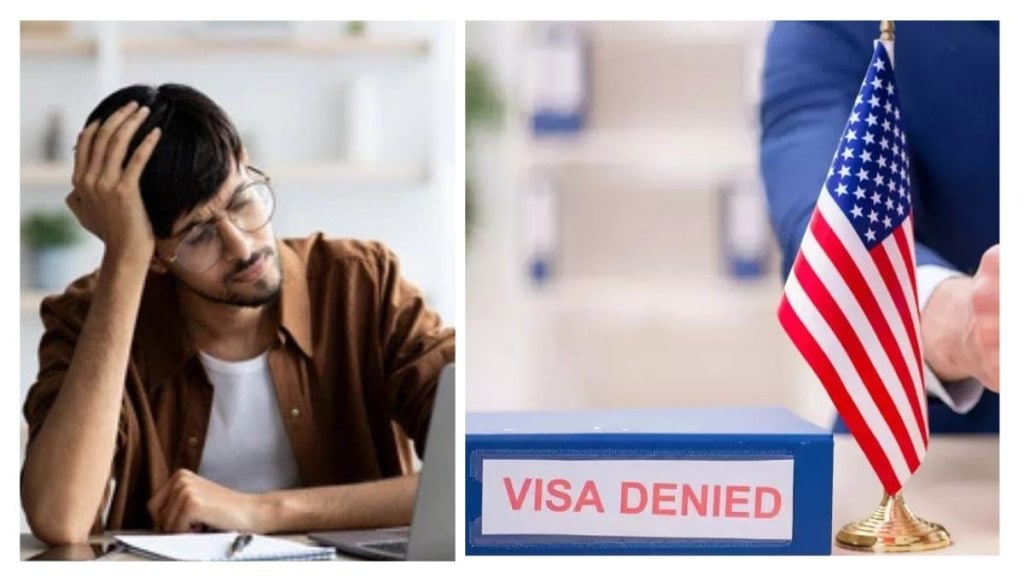For many international students, getting an F-1 visa is the gateway to pursuing higher education in the United States—is a significant milestone. However, for some, the journey can be unexpectedly discouraging. A recent Reddit post has drawn attention to the unpredictability of the U.S. student visa process after a student shared his experience of being rejected, despite having sufficient financial backing and a clear academic plan.
During the interview, he mentioned it was his second attempt within a week, and that he planned to study in Chicago. Although he had a scholarship and sufficient funds, the visa officer handed him a 214(b) rejection slip, leaving him confused. The post sparked discussion online, with commenters speculating that frequent applications, mid-tier universities, lack of financial credibility, and perceived immigration intent could be red flags. Some advised waiting before reapplying or choosing a different university.
Following the Reddit post detailing an unexpected F-1 visa rejection, users across the platform chimed in with analysis and tips for navigating the U.S. student visa maze—offering both practical suggestions and stark warnings. One commenter suggested the surge in applications from Indian students worldwide might be raising flags. “They’re applying not just from India but from the Middle East, Singapore, Malaysia—anywhere they find a slot. Consulates are catching on, and with the number of Indian students being quietly reduced, repeat applications from different locations might be backfiring.”
Another advised caution when reapplying too soon. “If nothing has changed materially in your profile, going back just hoping for a ‘nicer’ officer won’t help. Two rejections in quick succession might do more harm than good. It’s better to pause and reconsider your options.” Some users recommended changing universities and waiting before reapplying. “Your current university choice isn’t very competitive, and that could raise doubts about your intent. Take a break of 4–5 months or apply in the next admission cycle. And definitely apply from within India—that could improve your case.”
Others pointed to red flags in the applicant’s profile. “Is your bachelor’s related to your intended master’s? What’s your GRE score? Any work experience? Relying solely on your parents’ savings without a loan can seem risky to visa officers. Even the bank statement can tell a story they don’t like.” One user delivered a broader warning: “If you’re banking on an F-1 visa as a path to an H-1B, think again. The H-1B lottery is pure chance, and green cards can take decades for Indian applicants. Think hard about the long-term value before spending your family’s savings.”

